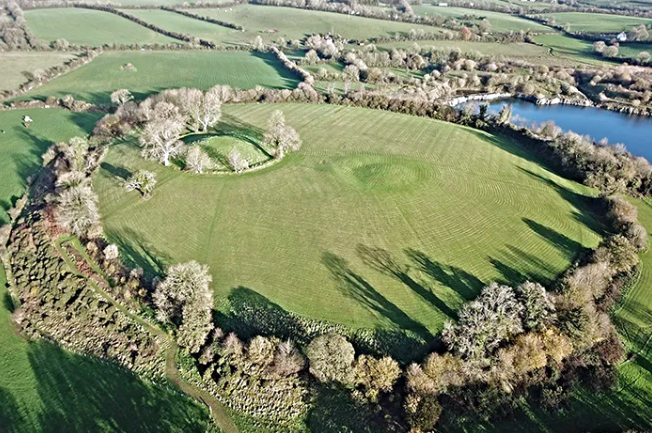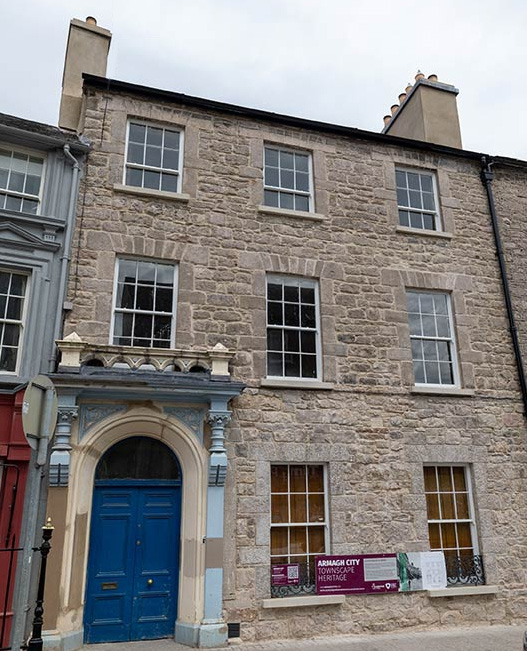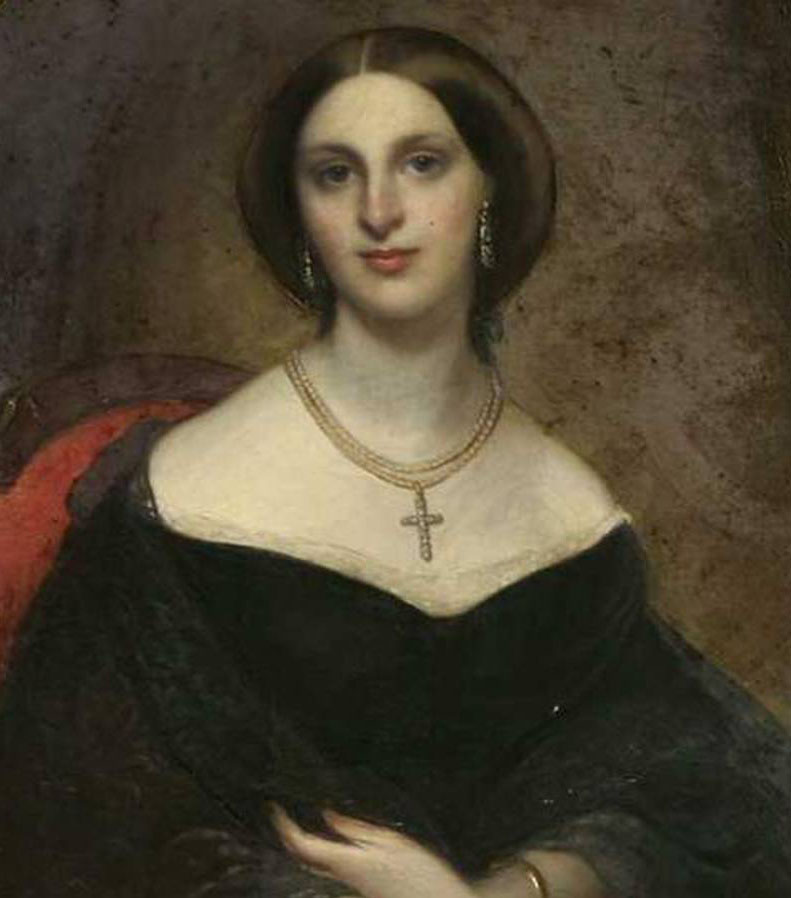This month’s talk will take place this Wednesday 12th October at 7:00 pm at Armagh Observatory in the library.
Our speaker this month is Brian McDonald, who will speak about The letters of Michael Haughey.
Michael was born in Armaghbreague, South Armagh in 1820 and the letters were written to his daughter, Allice, who emigrated to America.
The letters begin in 1888 and end in 1905; they are formally addressed and dated, beginning with “My Dear Allice” and end with “Your Affectionate Father – Michael Haughey”. In practically every letter he pleads with Allice to come home on a visit, but she endured hard times in America (5 of her 10 children died in infancy) and she didn’t make it home until1904, 24 years after she had left.
The letters contain details of family information, births, deaths and marriages and give us an insight into the customs at the time. Arranged marriages were very much the order of the day and a ‘fortune’ was paid to the groom by the family of the bride. There are a number of references to marriages, the negotiations and the amounts paid.
Michael was first and foremost a farmer and he gives seasonal accounts of the farming year, from ploughing in January and February right through to the potato harvest and threshing the following winter. He reports on the crops he grows, years of good and poor harvest and prices gained for farm produce, such as potatoes, flax, butter and eggs, which he sold in the local markets. We also get an indication of wages, the price of cattle, the price of land and rents paid to landlords.
The period of Michael’s life was a very interesting time in Irish history and he was active in politics throughout his life; he collected O’Connell’s ‘Catholic Rent’, was a Repeal Warden during the Land Wars and acted as personating agent for Edward McHugh – MP for South Armagh (1892 – 1900)
When he was born the Penal Laws were still in force, he lived through the famine but by the end of his life Catholics could vote, sit in parliament and own land. He heard Daniel O’Connell speaking in Dundalk in 1843 and attended O’Connell’s funeral in 1847. He refers several times to Home Rule, which was the big political issue in the 1890s and was optimistic it would become a reality.
One of the most interesting aspects of the letters is his style of writing and the, almost, poetic phrases he uses in practically every paragraph. Michael well read as the letters are full of quotes from people like Thomas Moore, Goldsmith, Dickens, Thomas Gray and other lesser known authors.
The last letter is from John, informing Allice of the passing of their father in 1905.






